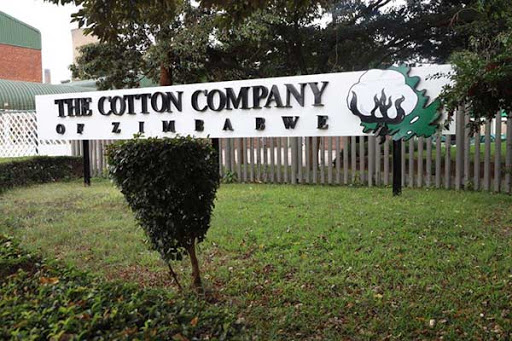Executives arrest: Cottco moves to ensure stability
COTTCO has appointed its head of operations Munyaradzi Chikasha as the acting accounting officer following the recent arrest of the company’s two senior executives.
Managing director Pious Manamike and head of marketing and ginning Maxmore Njanji appeared in court last Friday facing corruption charges mainly centred on conflict of interest after failing to declare their business dealings to their principals.
The two executives, who were remanded in custody last Friday, are denying the allegations.
In an internal memo to the staff last Friday, Cottco chairman Sifelani Jabangwe advised workers that Mr Chikasha had been appointed interim accounting officer.
Cottco, which is 38 percent owned by the Government, provides nearly 400 000 households with free cotton inputs under the Presidential Free Cotton Inputs Scheme meant to empower cotton farmers, especially those in the marginalised areas.
“Cottco executives, namely Pious Manamike and Maxwell Njanji are currently unavailable to execute their duties,” read part of the memo.
“Whilst they are away, the cotton business needs to continue more so during the intake (buying) season.
“Therefore, the Cottco board of directors has with immediate effect appointed Mr Munyaradzi Chikasha, head of operations to be the acting officer. He will be responsible for coordinating all the business activities and reporting to the board.”
Efforts to get further clarification from Mr Jabangwe on whether Njanji and Manamike had been suspended were not successful.
Cottco has been administering the Presidential Inputs Scheme since 2015 after the government intervened to revive production, which had fallen to 28 000 tonnes, the lowest in nearly two decades.
The package of inputs includes seed, fertilisers and chemicals for a hectare, but the management uses its discretion to give more inputs to highly productive farmers.
Cotton output for this year is expected to decline 30 percent this year to 116 000 tonnes, according to the latest figures from Agritex.
However, the yield would be higher than initial estimates after late rains salvaged some of the crops.
The cotton crop suffered two major setbacks—the late-onset of the rainy season and a very long dry spell experienced in most cotton-growing regions during mid-season.
However, unusually heavy rains in March through April undid much of the damage that had been caused by the mid-season dry spell.
Initially, the industry had projected that production would drop to 92 000 tonnes. At its peak, Zimbabwe produced 352 000 tonnes.
Zimbabwe’s cotton season runs in two phases: planting between October and January and a harvesting and marketing phase that normally runs from May to September.-herald.cl.zw











